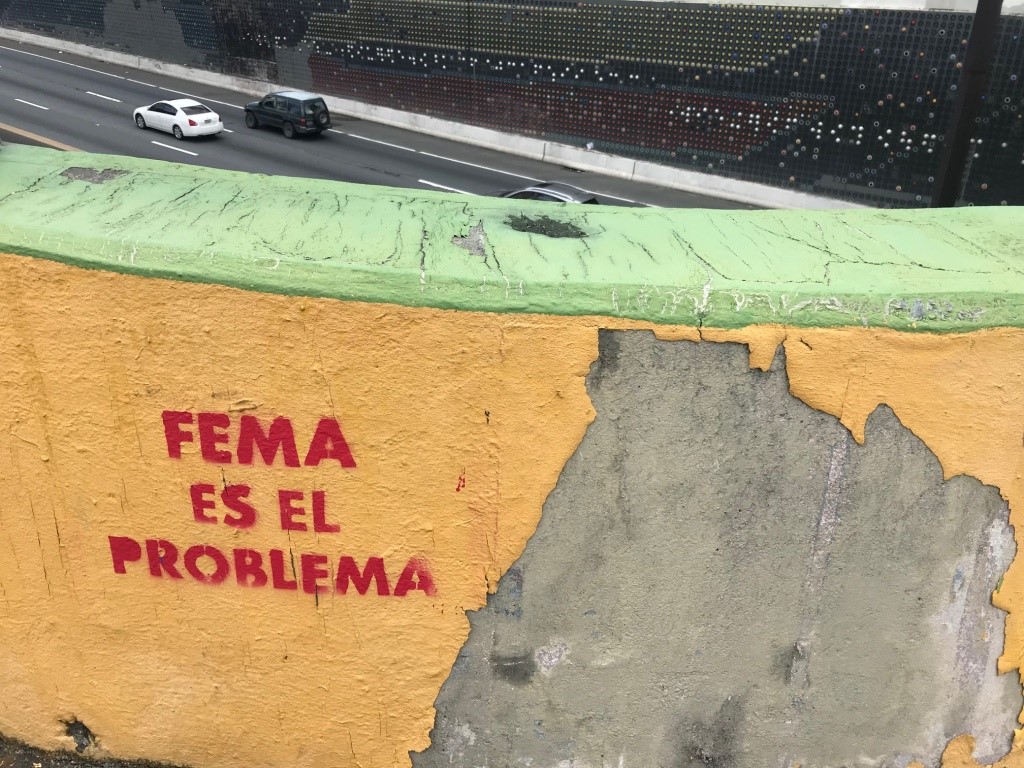Environmental Justice
Tribal Fishing/Environmental Justice Rights Prevail After Supreme Court Ruling
Justice Kennedy’s Recusal Proves Decisive in Preserving Tribes’ Legal Victory
Perhaps the most consequential environmental case of the rapidly-concluding U.S. Supreme Court Term ended this week with a whimper rather than a bang: in a curt one-sentence order, the Court ruled that the Ninth Circuit Court of Appeals’ earlier decision in Washington v. United States “is affirmed by an equally divided Court.” The justices split 4-to-4 on …
Continue reading “Tribal Fishing/Environmental Justice Rights Prevail After Supreme Court Ruling”
CONTINUE READINGCRISPR Approaches to Environmental Problems
Breakthroughs in gene editing might open the door to improved environmental protections. Or maybe not.
CRISPR is a breakthrough gene editing method. (I can’t refrain from noting that a key role in the discovery was played Jennifer Doudna at Berkeley.) There are potential risks from gene editing to the environment, similar to other types of GMOs. But there may be environmental benefits too. Here are a few that have been …
Continue reading “CRISPR Approaches to Environmental Problems”
CONTINUE READINGGuest Blogger Cliff Villa: Es FEMA El Problema? Hurricane Maria and the Slow Road to Recovery in Puerto Rico
Strolling west on Calle Loiza from the Ocean Park neighborhood of San Juan, Puerto Rico, you could miss the devastation wrought by Hurricane Maria last September. Here in early May 2018, runners and walkers lap the track at Parque Barbosa while middle-aged men try to keep pace with younger guys on the sheltered basketball court. …
CONTINUE READINGAutomation Leads To Efficiency Gains But Job Losses At Southern California Port
Controversial issue to be discussed at upcoming UCLA conference on zero-emission freight at Southern California’s ports
Automation threatens to eliminate many manufacturing jobs around the world, as robots now perform factory line tasks that used to be done by humans. Now the technology is starting to be deployed through self-driving vehicles in places like ports, with similar results. It’s an issue we’ll discuss at the upcoming free UCLA/Berkeley Law conference on …
Continue reading “Automation Leads To Efficiency Gains But Job Losses At Southern California Port”
CONTINUE READINGNative American Treaties, Declining Salmon Populations, Broken Promises & Environmental Justice
Pending Washington v. U.S. Supreme Court Decision Offers Hope & Vindication for Tribes, Coastal Fisheries
Truth be told, the U.S. Supreme Court’s 2017-18 Term has been an unsually quiet one for environmental and natural resources law. Until now. This week the Supreme Court heard oral arguments in a last-minute addition to the Court’s current docket. Washington v. United States, No. 17-269, a case the justices only accepted for review in January, …
CONTINUE READINGTales From the Front: A Field Trip to the Utah Monuments
Personal Reflections on the Raging Debate Over Trump’s Utah Monument Reductions
One of most highly visible disputes arising out of the Trump Administration’s multifaceted efforts to roll back and nullify the natural resources policies of previous administrations is the decision by President Trump and Secretary of the Interior Zinke to substantially reduce two national monuments in Utah created by former President Obama under the Antiquities Act. President Trump’s December …
Continue reading “Tales From the Front: A Field Trip to the Utah Monuments”
CONTINUE READINGRegister Now: Toward Zero-Emission Freight At Southern California’s Ports
Free daylong conference at UCLA on Friday, June 8th will examine the prospects, pitfalls & policy needs
The Ports of Los Angeles and Long Beach bring more goods into the U.S. than any other ports in the country. Yet together the ports are the single largest source of air pollution in Southern California. Harbor commissioners have adopted an ambitious plan to transition to cleaner fuels for goods movement in and around the …
Continue reading “Register Now: Toward Zero-Emission Freight At Southern California’s Ports”
CONTINUE READINGAchieving Sustainable Freight in California — Free Webinar On Law & Policy Solutions
Berkeley Law event on Thursday, March 29, 10-11am will feature new report from a recent symposium
California’s freight system contributes to one-third of the state’s economy. But it is also responsible for some of its most significant emissions challenges, including toxic air pollution and greenhouse gases. To discuss solutions, the Center for Law, Energy & the Environment (CLEE) at UC Berkeley Law is hosting a free webinar this Thursday at 10am …
CONTINUE READINGCommemorating the California Air Resources Board’s 50th Anniversary
Celebrating CARB’s Past Achievements; Charting Its Future Course
Recently, the U.C. Davis School of Law’s California Environmental Law & Policy Center hosted a major conference on the UCD campus commemorating the California Air Resources Board’s 50th anniversary. The event, which drew nearly 400 attendees, was the result of a terrific, three-way collaboration between CELPC, UC Davis’ Institute of Transportation Studies and CARB. (Here’s …
Continue reading “Commemorating the California Air Resources Board’s 50th Anniversary”
CONTINUE READINGCities are suing oil companies for climate change harms. Could they win?
Join UCLA Law Emmett Institute and Union of Concerned Scientists for January 25 evening talk on new climate lawsuits
Who should pay for the significant costs that cities and other local governments incur in responding to climate change? Los Angeles is the most recent city to explore the idea of suing fossil fuel companies for these harms, following in the footsteps of San Francisco, San Mateo County and a growing cohort of other jurisdictions …
Continue reading “Cities are suing oil companies for climate change harms. Could they win?”
CONTINUE READING












